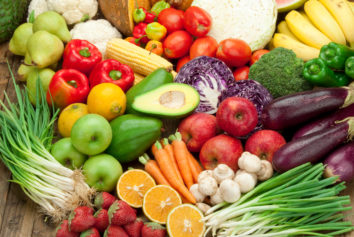NEWCASTLE, Australia – The rise of the 24/7 society, unsocial work hours and an accelerating pace of life have led the consumption of fast food to soar. Nearly one in four of the meals we eat are prepared outside the home and they tend to contain more fat, salt and sugar than the homemade equivalent.
Alongside the negative health outcomes of fast food are the environmental impacts of industrialized food production and packaging, and management of food waste.
A slow food movement has arisen to counteract fast food and fast life, by encouraging us to revalue the time we spend on preparing, sharing, and consuming food. It aims to enhance the personal connection between food producers and consumers, and reduce our reliance on mass-produced foods purchased from supermarket monopolies.
Slow Food is a global alternative food network, founded in 1989 in Italy by left-wing food activist Carlo Petrini (though its origins can be traced back to 1986), which has grown to over 100,000 members across 153 countries, including 31 local branches within Australia. These branches, known as convivia, are run by volunteers who coordinate activities in their area: shared meals and tastings, visits to local producers and farms, and educational events about the source of food, farming methods and sustainability.
Local convivia have also become involved in school kitchen garden projects and supported the growth of farmers’ markets.
More broadly, Slow Food promotes the purchase of local produce with a reduction in food miles and a celebration of regional cuisines and local food traditions.
Fair trade is a central concern, with the aim to reduce worker/farmer exploitation and facilitate equitable trading relationships between developing and developed nations.
The movement also advocates for sustainable agricultural techniques and encourages the reduction of food additives, irradiation, and genetic modification.
Perhaps most importantly, Slow Food attempts to show how we can revalue the time we spend on food so as to invest in quality food time for our personal (health and pleasure) and collective (social, cultural, and environmental) benefit.
Read More: theconversation.com
